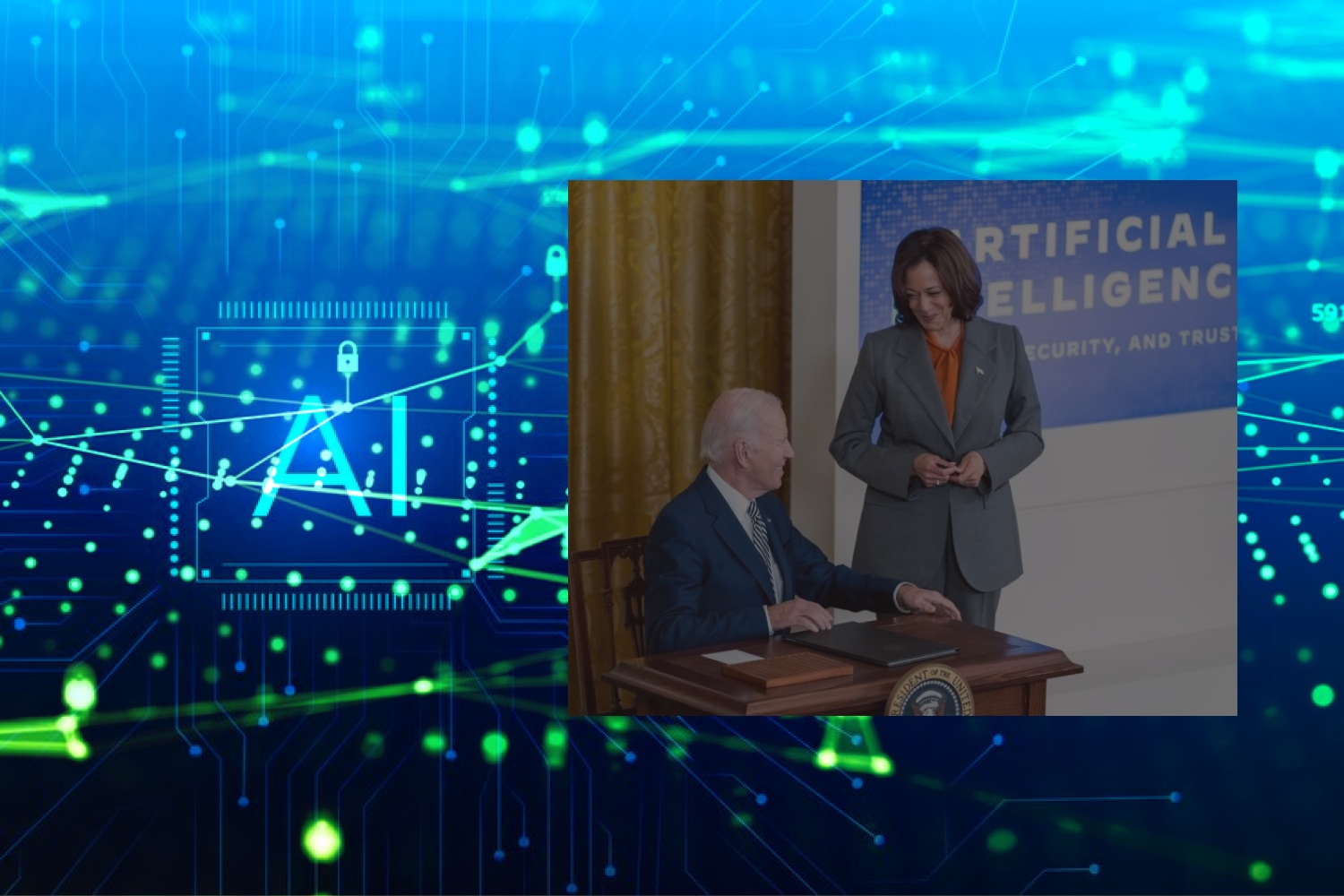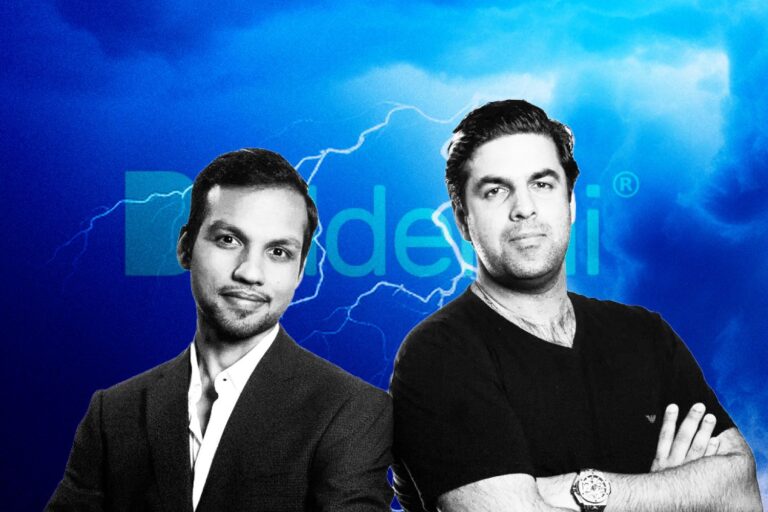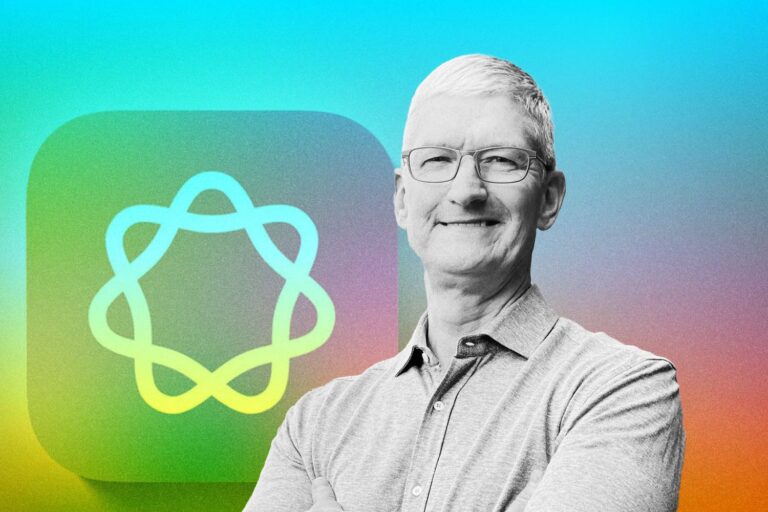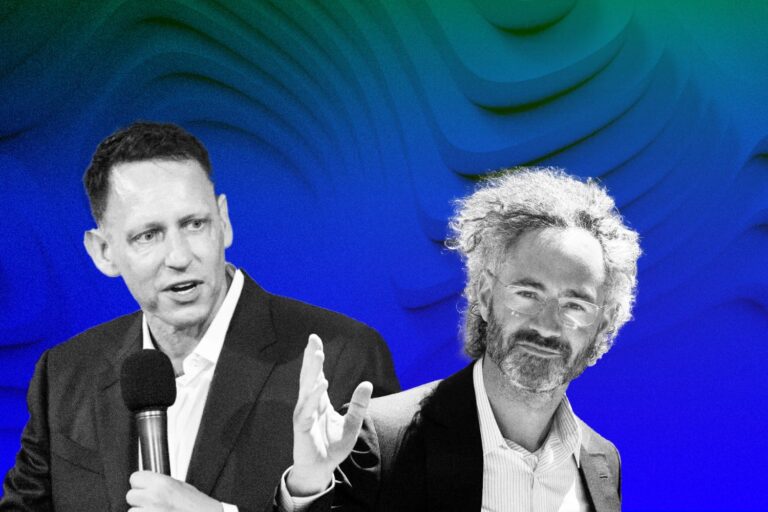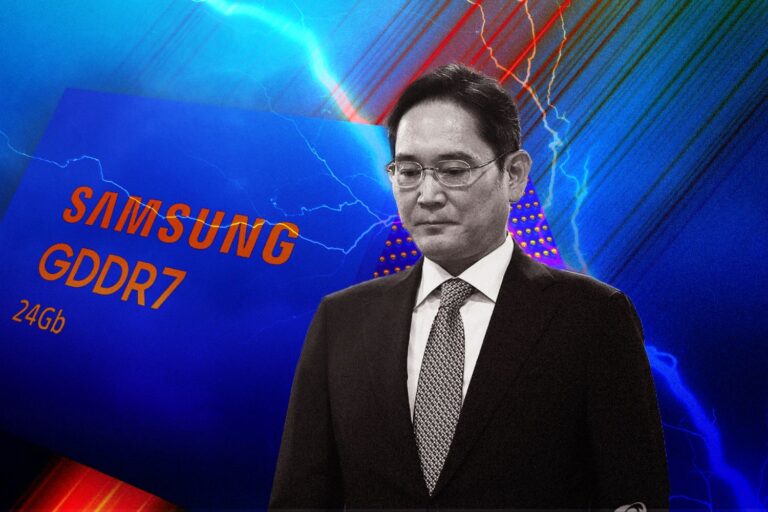AI Washing – When a Stunning Outfit Can’t Hide the Smell
Which one sounds dope in 2024?
“Our company is a software company” or “Our company is AI powered.”
Well, if we are just normal people who just want to live our lives as they are, these two claims can’t even get in our brains. But on the other side, investors are eager to jump in early on the next big thing. And right now, that big thing is artificial intelligence, commonly known as AI. That’s why they are ready to flood in money to companies that state they are developing AI solutions.
What’s unexpected is when it comes to this lucrative industry, every day is April Fool’s.
As expressed by SEC Chair Gary Gensler, “Think about it; investment advisers or broker-dealers might want to tap into the excitement about AI by telling you that they’re using this new technology to help you get a better return. Public companies, likewise, might think that they will enhance their stock price by talking about their use of AI.”
It’s clear as day that some companies has taken the hype too far, making false claims about AI, driving their investment processes and there’s a term for that – AI Washing.
It’s obvious that some companies have gone overboard with the hype, making untrue statements about AI to influence their investment strategies, we call that AI Washing.
AI Washing – What is It?
Before 2022, “artificial intelligence” was mainly a technical term you’d find in research papers. But after 2022, especially with ChatGPT coming into play, things changed big time.
Now, everywhere you turn, from your smartphone to LinkedIn to local government websites, companies are all about claiming they’re “powered by AI”. While it might be true for some, tossing around the term so freely has led to what they call AI washing.
Since the AI boom, corporate America’s fascination with artificial intelligence hasn’t let up. Despite a small decline in the third quarter, the number of S&P 500 companies discussing AI on earnings calls surged to an all-time high of 36% in the fourth quarter, as reported by Goldman Sachs.
This is where a question appears, why companies are so obsessed with AI, It’s easy to give an answer for this question.
Why is There a Turmoil Like This?
AI washing serves the purpose of leveraging public interest in AI to make a product appear more cutting-edge than it truly is. Take, for instance, a company boasting that their chatbot is “Powered by state-of-the-art AI technology,” when, in reality, it merely matches keywords with pre-written responses.
Since early 2022, the stock market has seen a massive crash, dropping by 25% and not bouncing back. But surprisingly, the S&P 500 is at its highest ever. This is because since ChatGPT came around, a few AI stocks have shot up in value, masking the struggles of the rest of the market.
“The race for being the leader in AI is so hot that there is now huge pressure on companies to release AI products, to call things AI where maybe they’re not quite AI or not at all AI, not because they actually make things better for users if they use AI in many cases, but because if you have a high enough density of using the word AI in your quarterly earnings call, your share price automatically increases by 300%,” as stated by Sasha Yanshin, Founder and Managing Director of Strategy Desk.
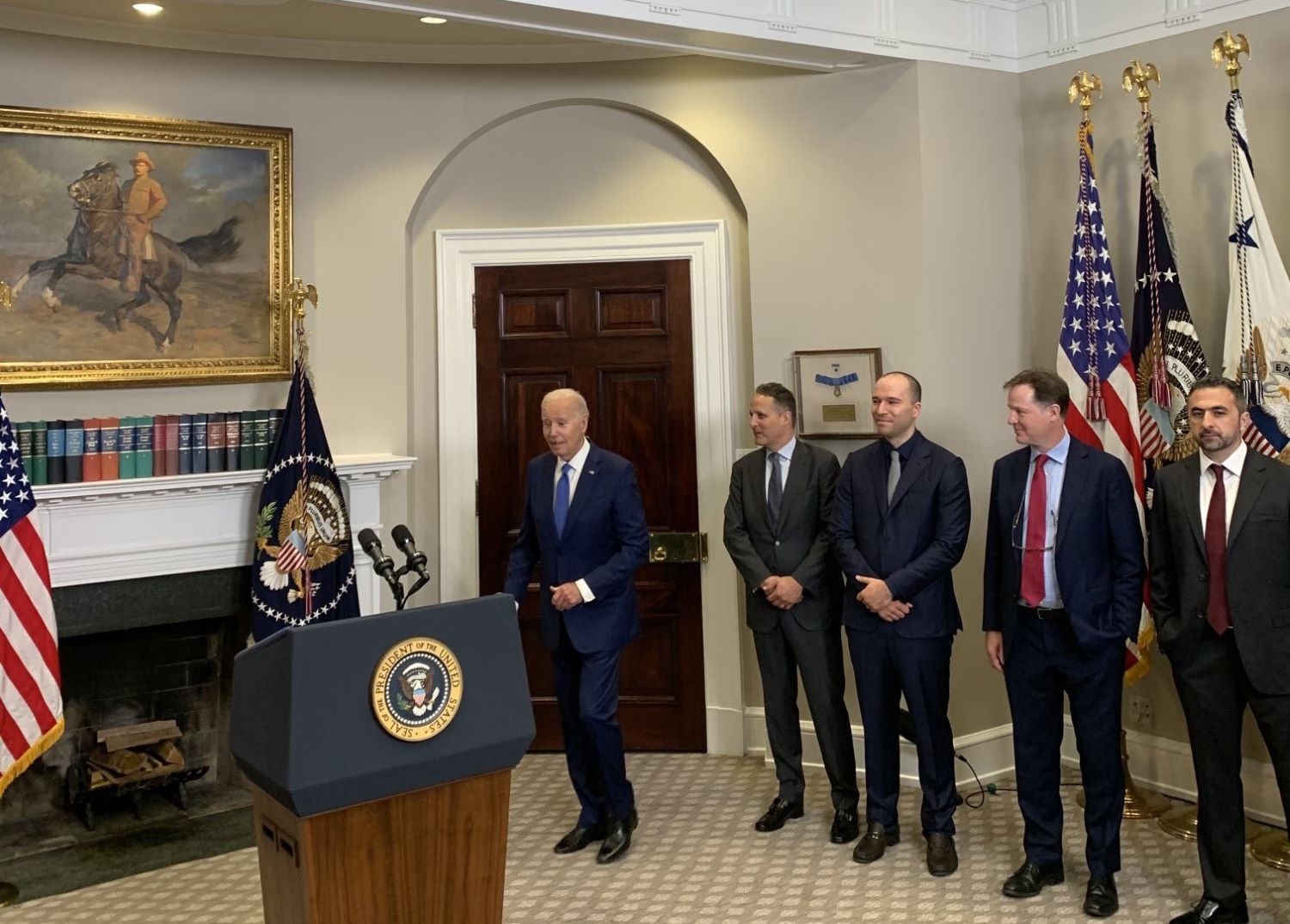
He added, “And the problem is that a lot of these big companies are now so far up their own backside; they are faking their AI because they need to put out something that looks like AI that they can sell as AI, but they haven’t actually figured out how to make that AI work yet. They haven’t actually made it work, so you know, let’s pretend.”
Everybody is Doing It – From Small Guys to Big Tech
There are notable cases of companies faking AI – AI Washing, this strategy seems to be so popular that every company is utilizing it.
Smaller Companies Need to Catch up
Recently, the US Securities and Exchange Commission (SEC) fined two investment firms a total of $400,000 for participating in a practice known as “AI washing.”
“We find that Delphia and Global Predictions marketed to their clients and prospective clients that they were using AI in certain ways when, in fact, they were not,” Chair Gary Gensler explained in a statement on the SEC’s website.
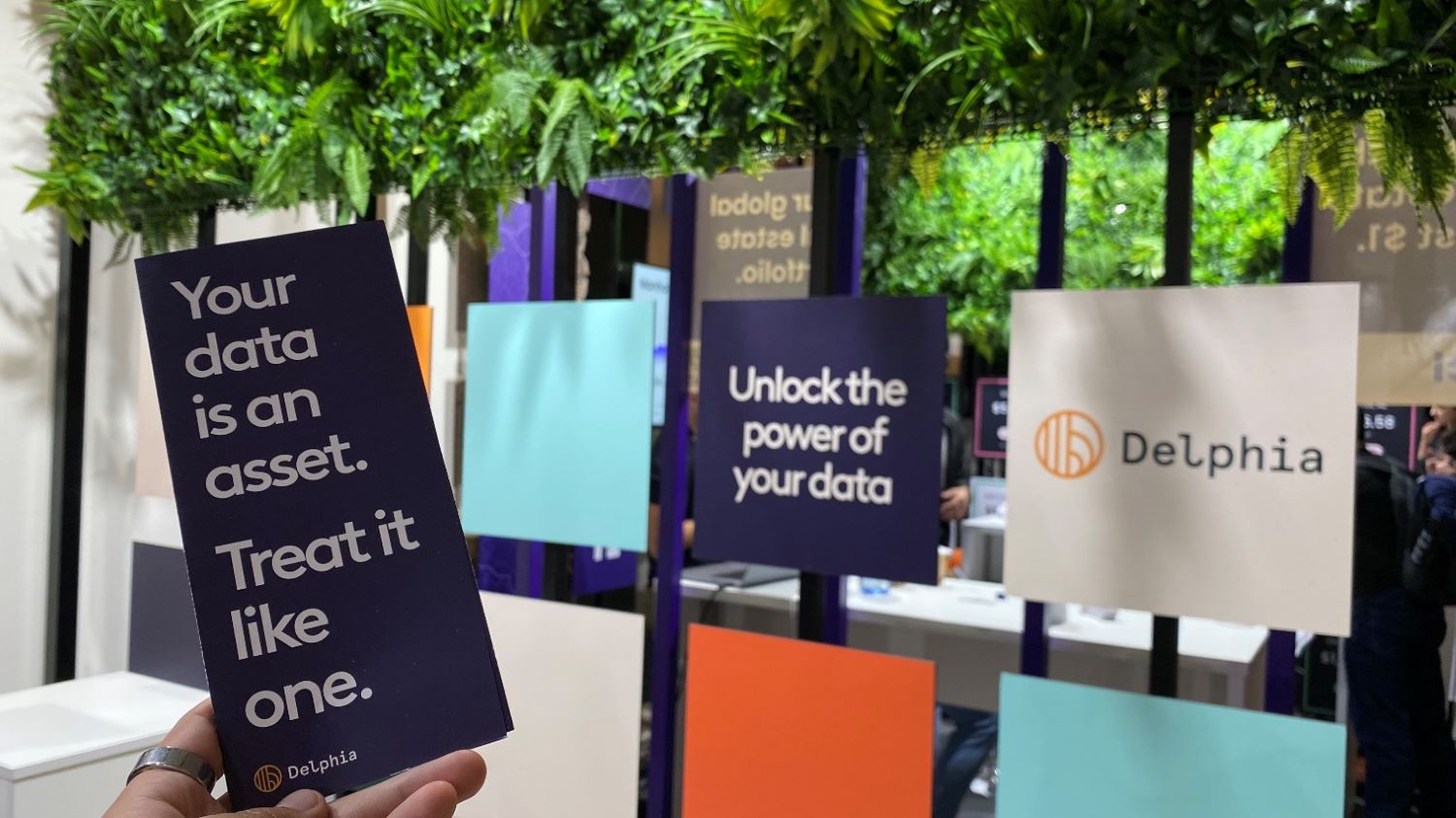
Delphia, the first fined company, made false claims about having developed an AI capable of predicting upcoming companies and industry trends, despite lacking such capabilities.
On the other hand, Global Predictions labeled itself as the “first regulated AI financial advisor” and boasted that its platform provided “AI-driven forecasts.” The SEC found that it also made numerous other misleading statements regarding its AI-related practices.
Big Tech is Lying Too
You might have come across the term NPU, which stands for Neural Processing Unit. It’s a specialized processor made specifically for AI tasks. These NPUs are becoming more prevalent in PCs and laptops. Microsoft has gone as far as declaring that we’ve entered the era of the AI PC. However, recent evaluations of the latest batch of these products have left consumers feeling disappointed.
The Information recently published a leaked story from an Amazon insider. Over the past couple of years, Amazon has been rolling out their “Just Walk Out” technology in some of their stores. The concept is simple: you can stroll in, and Amazon has developed AI that uses cameras and sensors within the store to automatically track the items you place in your basket. No need to wait in line at a checkout, no need to pay on the spot; you simply walk out of the store with your chosen items, and you’ll be billed automatically later on.
As stated by Sasha Yanshin, “I tried this a few times, although the prices in these shops are so high it doesn’t make any sense, and I only really did it for novelty value. But the weird thing is that when you go and do the shop, you don’t get an immediate notification when you come out saying, ‘Hey Sasha, thanks for shopping with Amazon, here is your itemized bill; we’ve charged your credit card $25.’”
“No, it takes several hours for that to happen. And I thought that was a bit strange because if it’s automatic, if it’s driven by AI, why does it take several hours for the automatic live system to send you the bill?” He raised a question.
It turns out that the AI system was actually operated by 1,000 people in India manually adjusting baskets via camera feeds. A whistleblower revealed that 70% of transactions were processed this way. Amazon responded by downplaying the issue and deleting pages about the AI system. They claim the system works well, but shortly after the leak, they announced the cancellation of the “Just Walk Out” system in favor of shopping trolleys.
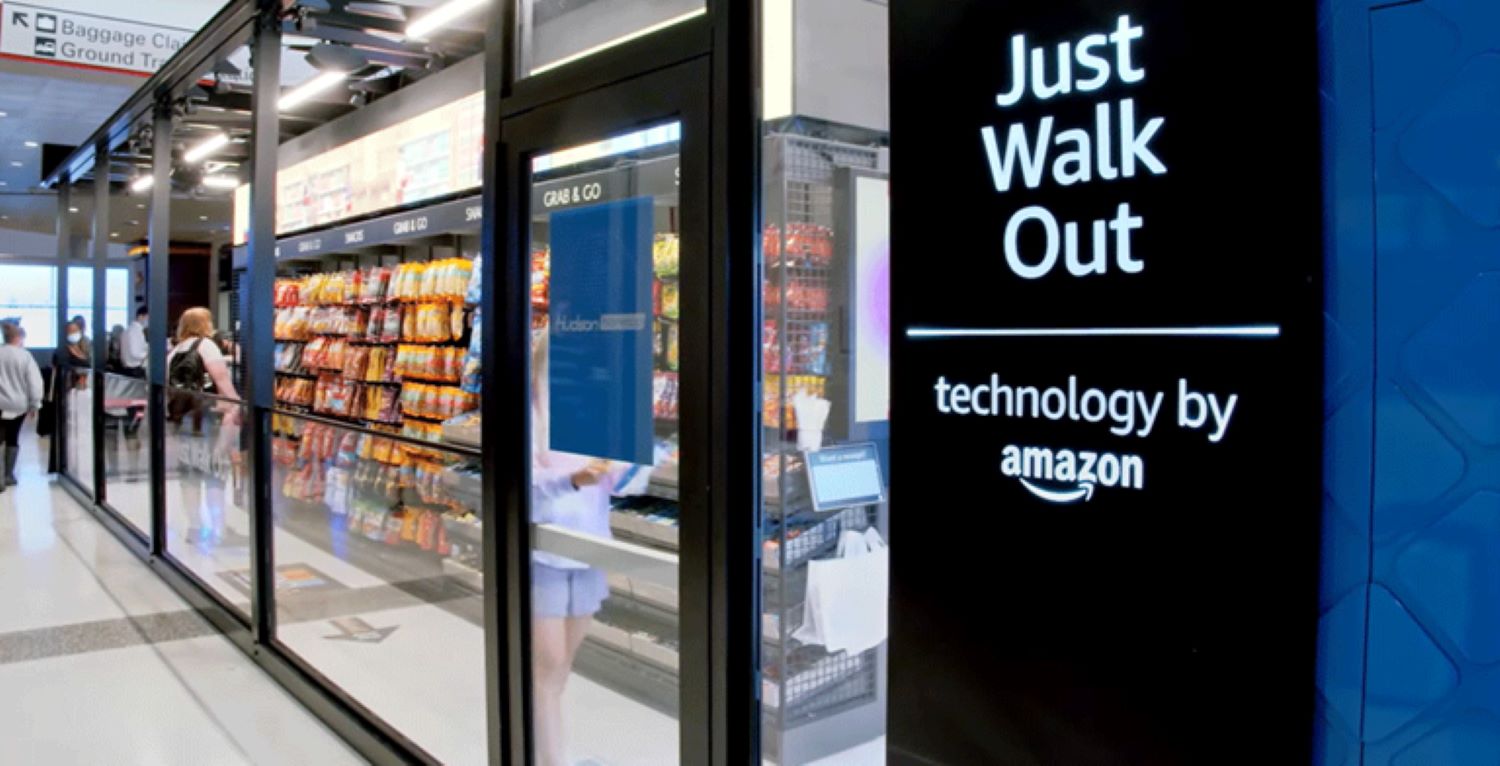
Next, Google published a video showcasing the capabilities of Gemini, but it was later revealed that the interaction was faked. Responses were manually fed through to the AI engine, submitting hyper-specific still images until the AI gave the right answer.
Similarly, in 2018, Google demonstrated an AI assistant called Duplex, but it still doesn’t exist six years later. Additionally, Google employs 16,000 people called quality raters to manually assess websites, despite claiming their ranking system is entirely AI-operated.
AI Bubble? – We are not Even Close
Once AI started becoming popular around late 2022, many people compared it to past bubbles like the dot-com bubble or the crypto craze. Some still make these comparisons today.
In the dot-com bubble, it wasn’t the internet itself that caused problems. It was mainly the e-commerce side of things that over-promised, attracting investors but failing to deliver results. This led to a crash when people realized the companies, they invested in weren’t making money.
With AI, there’s no denying that we’ll witness increased investment and substantial growth. According to Oppenheimer, a chief Global Equity strategist at Goldman Sachs Research, “we believe we are in the relatively early stages of a new technology cycle that is likely to lead to further outperformance.”
Nvidia, which designs the chips fueling Big Tech’s AI revolution, serves as tentative evidence of this trend. Their stock has surged by 80% this year alone, which might seem excessive, but it reflects the market’s optimism about AI.
Mark Cuban, who made his fortune during the era, also doesn’t see AI as a bubble.
“We are not in a tech bubble, and as far as similarities [to the dotcom era] go … none at all,” he told Fortune via email.
Cuban, who just launched a MasterClass sharing tips for entrepreneurs in the AI era, mentioned that despite recent stock price increases, he hasn’t seen many similarities to the dot-com era. He noted the absence of “ridiculous companies” going public or raising funds.
Backing his point, the venture-capital industry, usually bustling during market bubbles, has been quiet lately. Fortune’s Jessica Matthews highlighted a surge in “unicorns” (private companies valued over $1 billion) in 2021, but in 2023, despite AI excitement, only 71 companies reached unicorn status.
The IPO market, typically active during market bubbles, has slowed down. EY reported only 153 IPOs in 2022, down from the record-breaking 397 in 2021.
Many organizations have been quick to introduce AI products or replace humans with AI entirely. However, those hastily adding the trendy “powered by AI” label are often falling short. This rush has led to some notable AI failures.
Broken Promise – Is AI Really an Assistant?
Some companies are effectively integrating AI into their operations. However, there’s another aspect of broken promises regarding AI—not CEOs overstating its usefulness, but rather understating it. In essence, we were assured that AI would act as our assistant and generate new employment opportunities, not replace us. But what if this assertion isn’t entirely accurate?
Since 2022, there have been many layoffs in the tech sector. Initially, it was blamed on over-hiring during the pandemic, which made sense for 2022 and 2023. But even in 2024, we’re still seeing mass layoffs. What’s strange is that some of the biggest companies are making record profits while letting go of workers. It’s like they’re constantly downsizing, even during good times.
According to reports, tech companies let go of 165,000 people in 2022, 260,000 in 2023, and the projection for 2024 is 270,000. If these companies are doing well, why are workers being laid off?
Marketing professor and author Scott Galloway believes “there’s something else going on.” In a recent blog post discussing the impact of AI on corporations, he suggests that AI is playing a bigger role in layoffs than CEOs are willing to acknowledge.
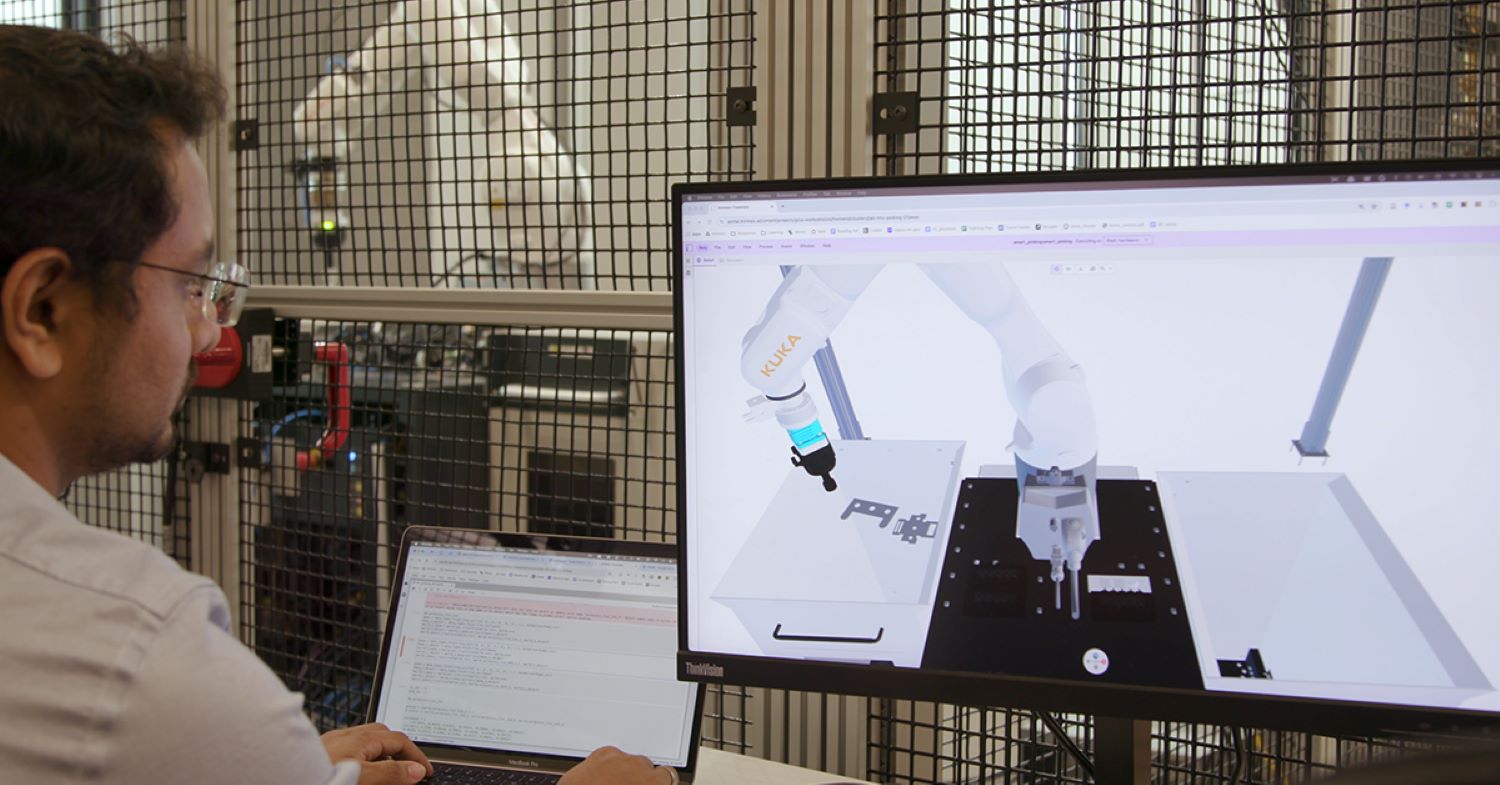
The conventional view of job displacement by AI often involves Joe Bloggs working at his computer analyzing company data one day and being replaced by an AI the next. However, the reality is more complex. As companies gradually improve their understanding of how AI can enhance their operations, they’ll develop better teams and structures that lead to higher outcomes.
Imagine a scenario where instead of three employees handling a workload, one person, aided by AI, accomplishes the tasks of five. It’s a transformative concept, but the problem arises when companies fail to be transparent about it. Picture a CEO who has been singing AI’s praises as the savior of the industry, only to turn around and issue a memo announcing significant layoffs attributed to AI. The stark contrast between the hype and the reality reveals a clear hypocrisy that can’t be ignored.
In 2024, it seems the truth is slowly seeping out, evident in various hints. IBM made waves when CEO Arvind Krishna hinted at halting hiring for roles that AI could take over. Similarly, UPS CEO Carol Tome acknowledged AI’s role in layoffs after UPS experienced its largest layoff in 116 years, affecting 12,000 workers.
However, spokespeople from both companies later attempted to soften these statements, claiming “AI is not replacing workers”—essentially PR speak to smooth things over. Interestingly, a Shopify employee broke their non-disclosure agreement to reveal that the company had been quietly letting employees go because of AI.
The ripple effect of this shift extends far beyond the tech sector. TV and media producer Tyler Perry, who was in the process of constructing an $800 million studio expansion, halted its construction upon witnessing the capabilities of OpenAI’s GPT-3, an AI video generator. Expressing his concern, Perry remarked, “I am very, very concerned that in the near future, a lot of jobs are going to be lost.”

